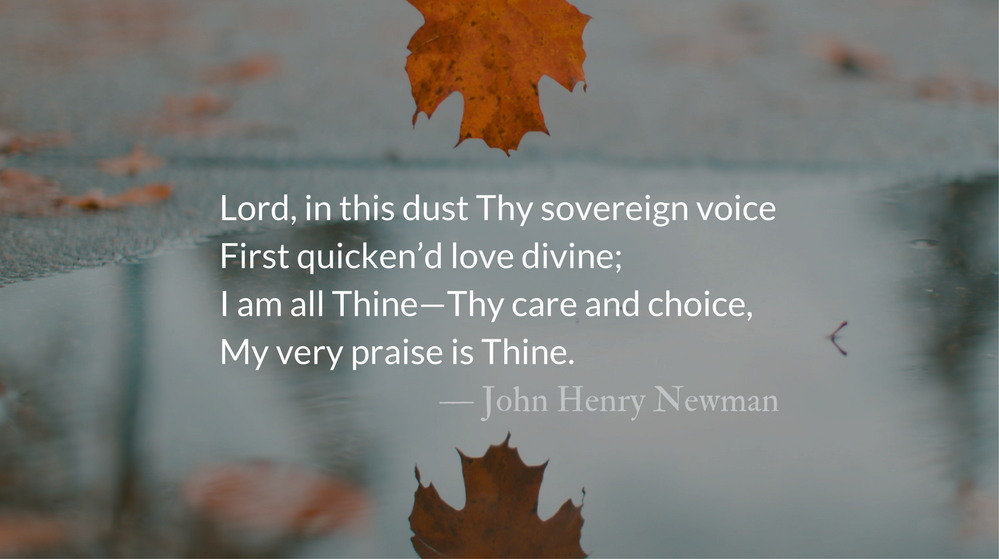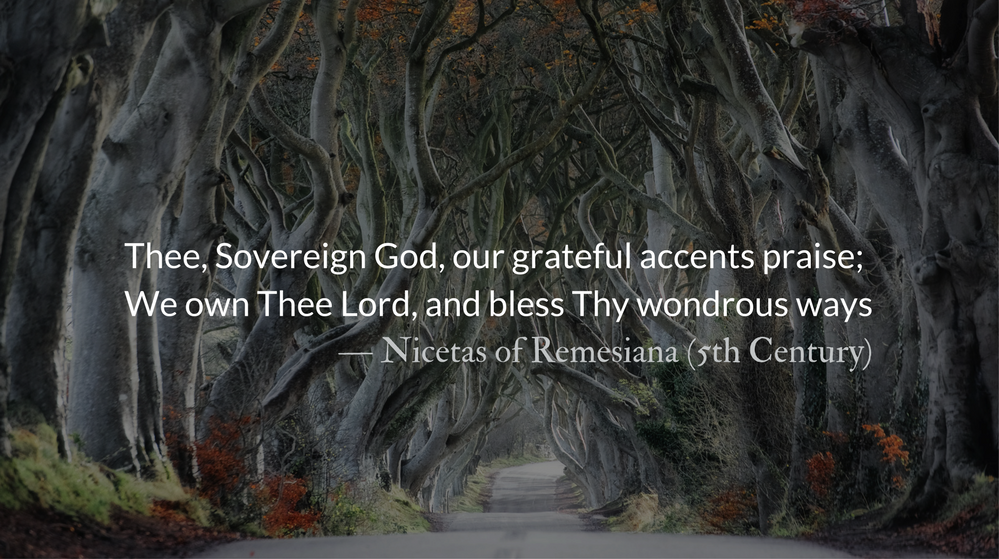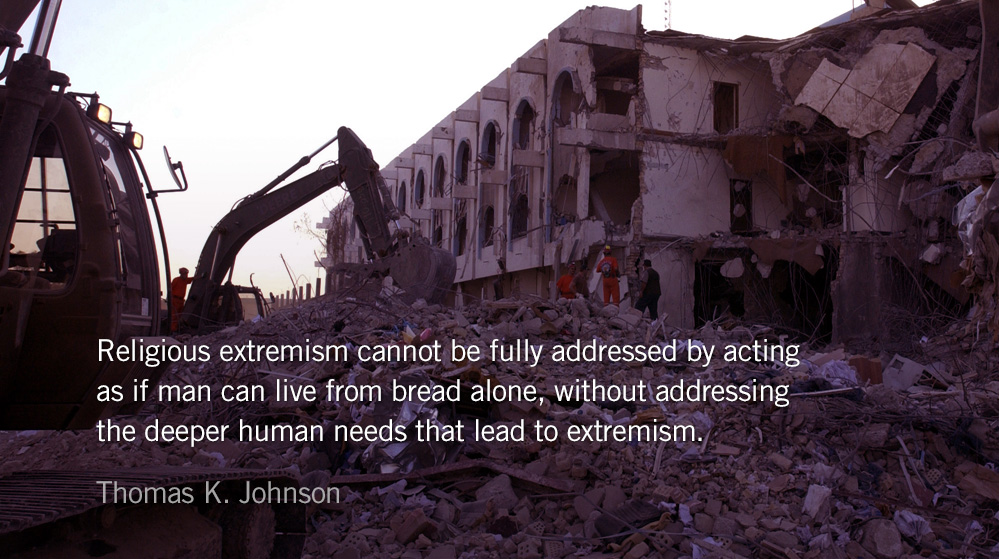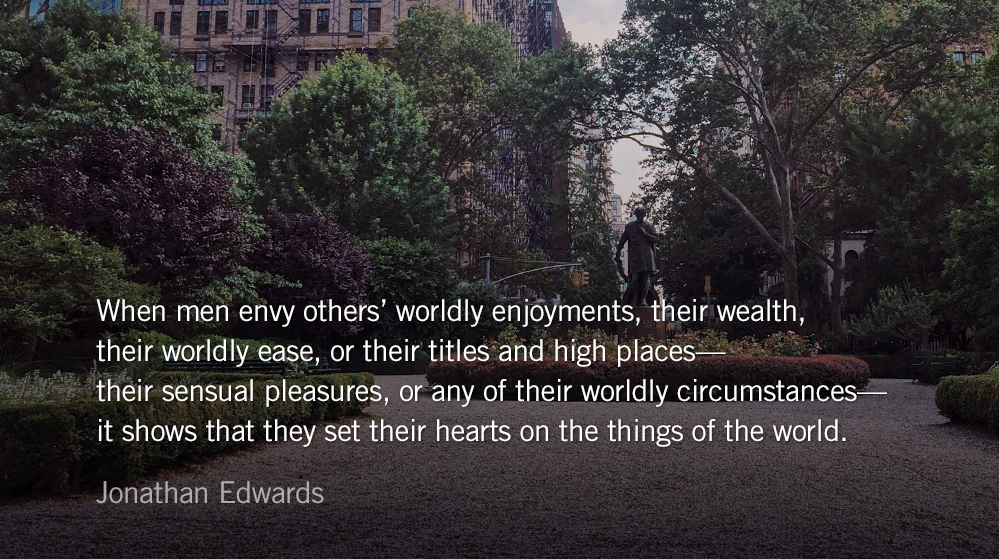Scripture: Hebrews 12.1b-2
And let us run with perseverance the race marked out for us, fixing our eyes on Jesus, the pioneer and perfecter of faith. For the joy set before him he endured the cross, scorning its shame, and sat down at the right hand of the throne of God.
Reflection: Finishing Well
By Jon Polk
In 1968, John Stephen Akhwari, a long-distance runner, was one of four athletes sent from the East African nation of Tanzania to the Olympic Games in Mexico City.
Unaccustomed to the high altitude, Akhwari began to cramp up during the marathon event. He was also involved in a collision with other runners and dislocated his right knee. Encouraged to drop out, he instead received medical treatment and continued on with the race.
Over an hour after the winning time, Akhwari finally entered the stadium, where only a handful of spectators remained. Struggling to put one foot in front of the other, he limped across the finish line, coming in dead last among the 57 who completed the race (18 others had quit along the way).
When interviewed afterwards, Akhwari was asked why he persevered through such a painful experience. He replied, “My country did not send me 5,000 miles to start the race. They sent me 5,000 miles to finish the race.”
Athletic imagery is a common New Testament analogy for the Christian life. For a faith focused on the ideals of selflessness and sacrifice, it seems odd that biblical writers draw parallels with sports events focused on individual winners. A closer look at a few of these passages, however, reveals that there is more at stake in our spiritual life than winning.
In 1 Corinthians 9, Paul emphasizes an athlete’s need for training and rigorous discipline. In Philippians 3, Paul talks about pressing on, or persevering, toward the goal. Reflecting back on his own life in 2 Timothy 4, Paul does not mention winning, but states that he is one of many who has finished the race.
The author of Hebrews also discusses training through strengthening of arms and knees, stresses running the race with perseverance, and encourages us to follow the example of Jesus who finished the task God set before him and now sits at God’s right hand, the ultimate finish line.
Our spiritual goal is not to win (as if we could somehow “win” the Christian life), but to finish the race set before us and to finish well because we’ve trained properly and persevered through difficulties and trials.
To do this, we must keep our eyes on the example of Jesus, who ran the race before us and endured great suffering on our behalf so that we might follow him on a lifelong journey of putting one foot in front of the other along the path of faith.
I want to thank Jon Polk for this wonderful step by step, two week, race through Hebrews he has taken us on. Hebrews is dense and each chapter could be a marathon of study. Solus Christus; Fully Human, Fully Saved; A Cautionary Tale of Unbelief; A High Priest Like No Other; No Spiritual Fast Food; New And Improved; Divine Will And Testament; Compelled Toward Community; Faith of the Flawed; and now the aptly named, Finishing Well, have been a joy for me to read and to bring to you.
There will be more where that came from. For now, we prepare for Thanksgiving week by closing with the prayer from Hebrews 13: Now may the God of peace, who through the blood of the eternal covenant brought back from the dead our Lord Jesus, that great Shepherd of the sheep, equip you with everything good for doing his will, and may he work in us what is pleasing to him, through Jesus Christ, to whom be glory for ever and ever. Amen.
The Call to Prayer
Come now and see the works of God, how wonderful he is in his doings toward all people. — Psalm 66.4
– From The Divine Hours: Prayers for Autumn and Wintertime by Phyllis Tickle.
Full prayer available online and in print.
Today’s Readings
1 Chronicles 9-10 (Listen – 7:48)
Hebrews 12 (Listen – 4:36)
This Weekend’s Readings
1 Chronicles 11-12 (Listen – 11:59) Hebrews 13 (Listen – 3:31)
1 Chronicles 13-14 (Listen – 4:13) James 1 (Listen – 3:26)






